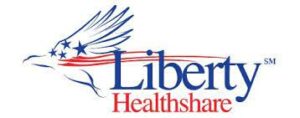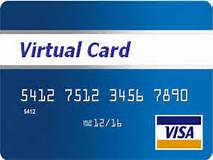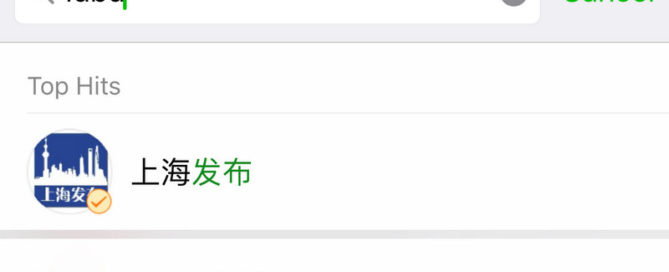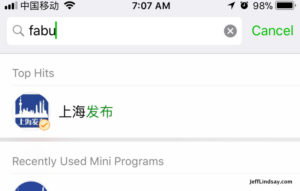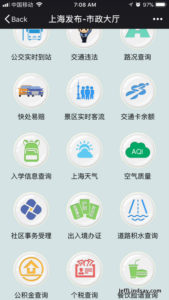My Failed Health Share Experience: Liberty Healthshare
When I came back to the US after nearly a decade in China, one of my first steps was trying to get health insurance. After calling multiple health insurance specialists and finding that none of them wanted to talk to me and that the only way, it seemed, to get insurance was to go to the government portal and register there, I decided I had to comply and so tried signing up for insurance under the Obama Care program by going to Health.gov to register.
To my surprise, even though I had maintained a U.S. address (the house we rented out while away) that was used on the tax returns we filed every year while in China and for many years before we left, the Health.gov system could not identify me. My address, social security number, prior addresses, and other information it required were not enough to verify that I am a US citizen able to register for health insurance.
After trying many times to register with the system, I finally called their tech support and spent two more hours on the phone as the technical support agent walked me through various attempts, all of which failed. Finally he said, “Yeah, sometimes this just happens.”
For a law-abiding citizen trying being denied insurance after many attempts, being told that “this just happens” to some people is not very satisfying. I asked what I could do. “Well, I guess I could try calling the developers at Experian.” “Yes, please do.” So he put me on hold as he attempted to call the developers. A few minutes later — those familiar with the health care industry in the US will see the punchline coming — the line went dead. That was the end of my quest for US insurance.
Fortunately, I still had coverage for a while as long as I could be treated in China, but when we moved back for good to the US, I definitely needed some kind of coverage. Having been abandoned, so I felt, by Obama Care, I considered some of the “health share” programs out there. The first one I tried, Medishare, required its subscribers to agree to a specific declaration of religious belief regarding the nature of God that wasn’t really in line with my version of Christianity, so I was excluded. Then I learned about Liberty Healthshare which was referred to me by a friend. They also were a “ministry” and thus required a religious statement, but it was one I was comfortable with. The program sounded like it would provide catastrophic coverage and some other benefits that was in line with my needs, so my wife and I joined. After about 19 months, we were realizing that it didn’t work as promised. My annual health care exam, part of which was covered, took over 8 months to pay when they had promised it would be within 6 months. And then I found that having Liberty Healthshare made medical care cost more, not less. I needed to get an echocardiogram, for example, and after carefully pricing it because I knew it would be paid out of pocket (“self-pay”), I was surprised to be billed for a much higher level than I had been quoted. It was because the health care provider views health share programs as a form of insurance and so bills you are the regular inflated rate, not the self-pay rate, even though Medishare instructs us to tell the provider it will be safe pay and that we don’t have insurance, since they are not an insurance company. But it looks like insurance to the provider when they note our enrollment in some database they use, so we pay high rates. Meanwhile, a real insurance company can negotiate the rate, and Liberty tried to by quoting the Medicare-approved rated for the procedure, but the provider does not recognize Liberty Health as a valid insurer or someone they have a contract with, so we get the high rate for looking like we have insurance and can’t get the negotiated reduced rate because we don’t have actual insurance. A 44% discount evaporated because I had that nearly worthless health share program.
That’s when we realized it was time to try again to get real insurance. My wife was able to find an agent who could help us, and as of January 2022 we began real insurance again. I called Liberty in November to cancel. They sent me an email saying that the only way to cancel is to send an email to [email protected]. I did this, but did not hear back. So I sent it again. Eventually I would learn that this email address was broken, at least for a while, so my request was never received. Fortunately, Liberty did call me on Dec. 21 to ask if I still wanted to cancel. I was shocked that they had not received my emails, but upon searching saw I had received an error message indicating that the account did not exist! But I was able to cancel over the phone then, and was assured I would not be billed in January.
On Jan. 2, I saw that I had just been billed again by Liberty. I called on Jan. 3, a Monday, and complained. It took a couple of hours bouncing around, but they finally admitted they had made a mistake and that I should receive a refund to my credit card in 3 to 5 days. Initially they said they would issue a check, but I knew what that meant: 8 months or more, so I insisted they make a refund directly. Took some doing, but they agreed.
One week later, still nothing, so I called again on Jan. 10. “Oh, it’s the holiday season. We’ve had delays, but now you’ll get your refund in 3-5 days.”
One week later, still nothing. Called again and was told a manager would call me back that day. Never happened. The next day I called again and learned that they had just submitted my refund request, which had not happened as promised on Jan. 3, or as reiterated on Jan. 10. For over two weeks they had me believing that my refund request has been submitted and my reimbursement was about to show up, when that was all fiction somehow. Now can I expect that the refund actually will happen in a few more days? Not holding my breath.
A big mistake in this was relying on an acquaintance’s recommendation. To be more thorough, I should have checked Liberty’s reputation at TrustPilot.com: dismal! 100% of the reviews are negative. In spite of all the reviews giving just 1 star, TrustPilot mercifully gives them an average og 1.6 stars.
By the way, after explaining the failure of their email for cancellations several times, I was assured that it was probably just a temporary glitch. So a few minutes ago, sent them a message again at [email protected] (the address you are told you must use to cancel your service) and quickly got this error message back when the email bounced: “Diagnostic-Code: smtp; 550 permanent failure for one or more recipients.”
“Permanent failure for one or more recipients” — that’s about the most appropriate automated response I can think of for this company.

